Way back in 1971 my father took me to the University of South Florida to see this film. More correctly, he took me to see whatever movie was first (it was a school night and USF was 65 miles away) on a Rouben Mamoulian double bill of this and Dr. Jekyll and Mr. Hyde (1932). Being a 15 or 16-year-old horror fan, never having heard of Mamoulian, and thinking of Maurice Chevalier as that old guy in those –gasp — Disney movies, I was hoping for Jekyll and Hyde. I got Love Me Tonight. I was cheesed, but not for long, because within three minutes I was so hooked that nothing else mattered. Quite literally, Mamoulian’s film changed my life, altering everything I thought I knew about the movies. It still does — to this day. And I guess it had quite an effect on my father, too, The last conversation I ever had with him — 18 years later — was right after I’d had an article in Films in Review on Mamoulian, and he went on at great length about that trip and about how “no one who ever saw the opening of that movie could ever have forgotten it.”
It’s hands-down the best movie Maurice Chevalier ever made. It has a set of terrific songs by Richard Rodgers and Lorenz Hart—including such standards as “Isn’t It Romantic?,” “Mimi” and “Lover.” The comedy is delightfully risqué. As an example of everything that can be done in terms of cinema, Citizen Kane‘s got nothing on it. Every trick in the book is here and quite a few originated here. What is it? It’s Rouben Mamoulian’s Love Me Tonight (1932), and it’s about as close to a perfect movie as you’re likely to get. It’s exciting, exhilarating, funny, absurd and altogether wonderful. It was described by one contemporary critic as “the kind of movie I wish I had a copy of so I could take it out on rainy days and show it to friends and make them feel better, too.” (And that was about 50 years before people thought very much about owning movies.)
Mamoulian isn’t the filmmaker most associated with films starring Chevalier and Jeanette MacDonald—that would be Ernst Lubitsch. But 1932 was a busy year for Lubitsch with three movies—including the Chevalier-MacDonald One Hour With You—and another director was needed. As one of the top three directors at Paramount in terms of artistry—Lubitsch and Josef von Sternberg being the other two—Mamoulian was the logical choice. What no one counted on—especially Lubitsch—was that Mamoulian would make a better film with the duo than Lubitsch ever did. In fact, Love Me Tonight can be viewed as the best movie Lubitsch never made (and bear in mind, I’m a huge fan of Lubitsch). Ironically, Lubitsch authored the phrase, “I’ve been to Paris, France, and I’ve been to Paris, Paramount, and on the whole I prefer Paris, Paramount,” yet it would be Mamoulian who got the most out of the studio’s Paris set. In fact, it’s impossible to tell Mamoulian’s Paris from the real streets of Paris in René Clair’s films. (OK, Mamoulian’s French countryside looks suspiciously like southern California.)
Mamoulian insisted on doing something different and had his screenwriters work from a fairy tale from his childhood about a commoner who finds a scarf and vows to marry whomever it belongs to, only to discover it belongs to a princess. Well, the scarf became a song, “Isn’t It Romantic?,” and the direction changed (it travels from the commoner to the princess) as did the means of its transportation (one of the cleverest things in the movie), but the concept stayed. The rest of the story is built on the coincidence that the princess’ (MacDonald, of course) cousin, Viscount de Vareze (Charlie Ruggles), has run up a huge bill with tailor Maurice Courtelin (Chevalier, naturally), causing Maurice to go to the family chateau to collect, where the Viscount passes him off as Baron Courtelin. It’s standard musical comedy fare, but the screenplay is constantly witty and delightfully pre-code—especially as concerns the brazen nymphomania of Countess Valetine (Myrna Loy).
Style and terrific Rodgers and Hart songs abound. Mamoulian’s sense of invention is breathtaking. No two songs are presented in the same manner. He creates one of the most memorable openings (cribbed from his stage production of Porgy) in the history of the movies. He uses split screen, long dissolves that have two scenes playing at once, rhythmic cutting, slow-motion, fast-motion and even the rarely used (because it was so awkward) early zoom lens. The magic, however, lies in the way he so completely embraces the absurdity of the musical genre without ever appearing to feel superior to it. It’s simply an amazing film.
The Asheville Film Society will screen Love Me Tonight Tuesday, Sept. 23, at 8 p.m. in Theater Six at The Carolina Asheville and will be hosted by Xpress movie critics Ken Hanke and Justin Souther.



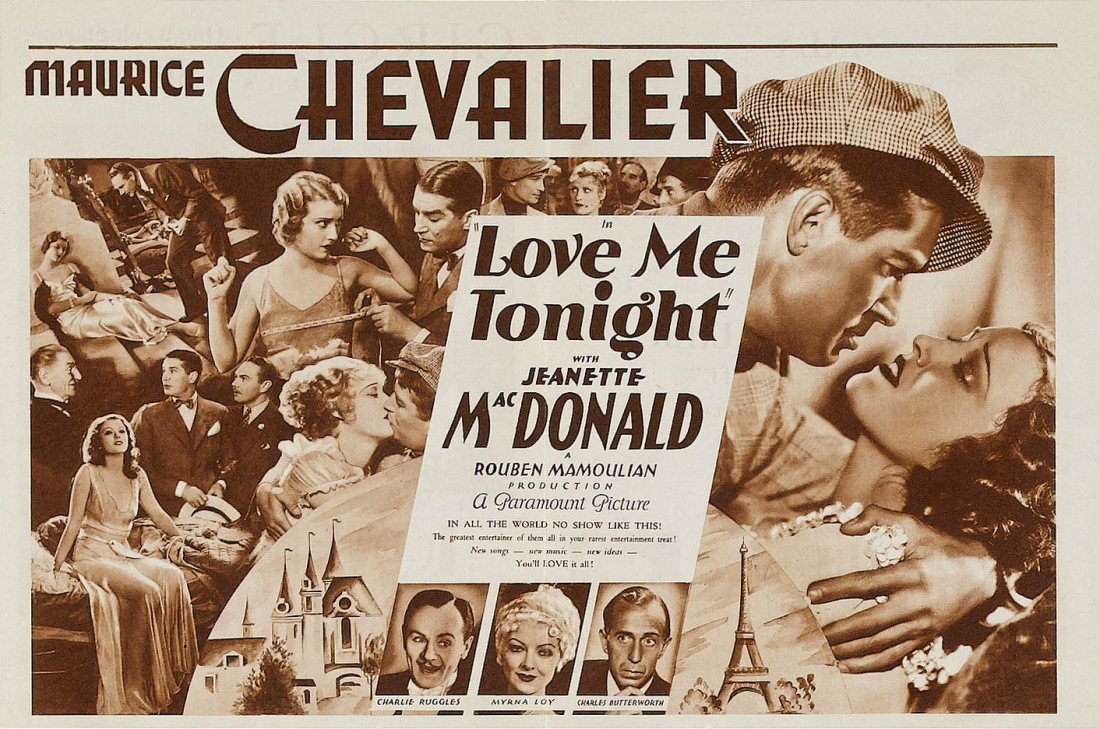
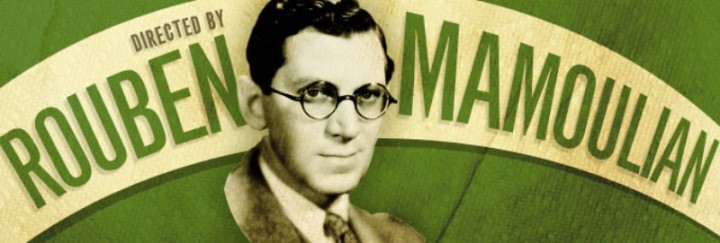
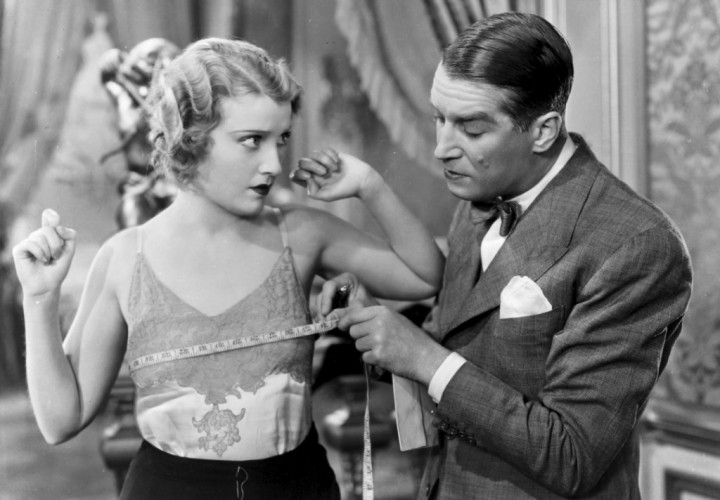
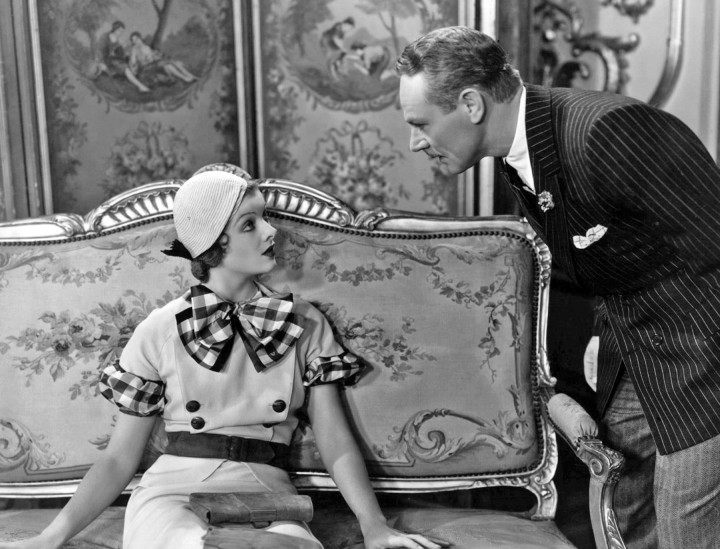
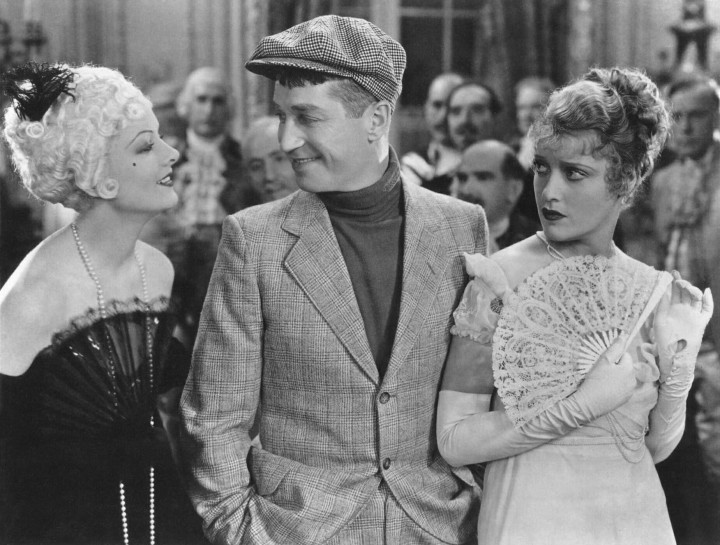
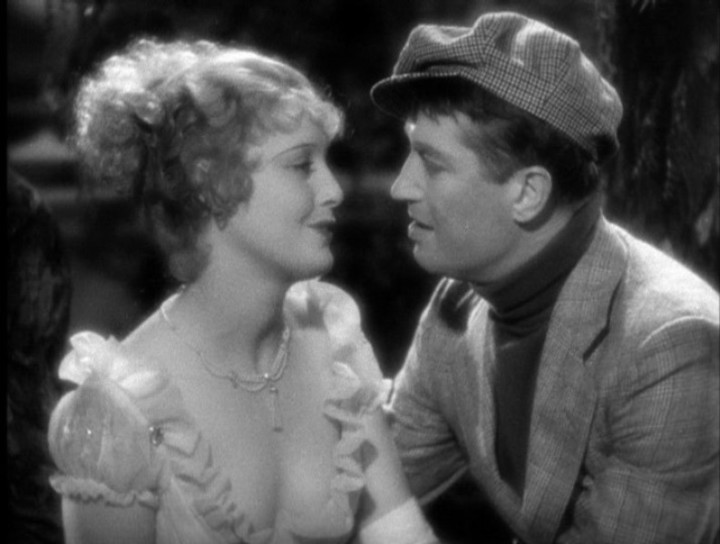
Before you comment
The comments section is here to provide a platform for civil dialogue on the issues we face together as a local community. Xpress is committed to offering this platform for all voices, but when the tone of the discussion gets nasty or strays off topic, we believe many people choose not to participate. Xpress editors are determined to moderate comments to ensure a constructive interchange is maintained. All comments judged not to be in keeping with the spirit of civil discourse will be removed and repeat violators will be banned. See here for our terms of service. Thank you for being part of this effort to promote respectful discussion.